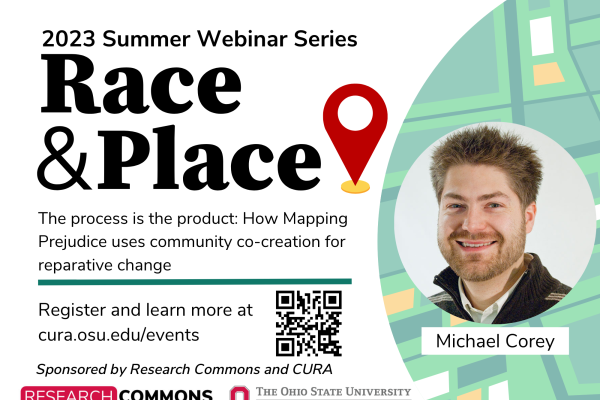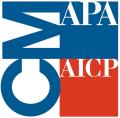
Online Webinar (Zoom): Register using the registration link at the bottom of the page
Mapping Prejudice mobilizes volunteers to transcribe racial covenants in communities across the state of Minnesota and the nation. By engaging thousands of community members in the creation of new geospatial datasets of these restrictions, the project seeks to answer long-standing research questions and build new awareness that will lead to reparative change. From their base in the University of Minnesota Libraries, the interdisciplinary team collaborates with community members to expose the history of structural racism and support the work of reparations. Michael Corey, Mapping Prejudice’s Geospatial, Technical and Data Lead, will outline the history of how racial covenants developed into a powerful technology of segregation. He will also demonstrate the Deed Machine, the custom-built software that has allowed Mapping Prejudice to break a decades-long research logjam.
Michael Corey is the Geospatial, Technical and Data Lead / Associate Director for Mapping Prejudice. Michael's primary role is to design, build and maintain the Deed Machine, Mapping Prejudice's technical platform for identifying and mapping racial covenants, as well as to work with community partners and public records custodians to facilitate more racial covenants research. Michael is also a masters student in the University of Minnesota's Heritage Studies and Public History program. Before transitioning to public history, Michael spent 20 years as a journalist and data journalist at the Star Tribune, Reveal from the Center for Investigative Reporting and the Des Moines Register. His journalism work spanned zoning and segregation, mortgage disparities, the U.S.-Mexico border fence system, human-induced earthquakes, and sexual abuse in the Catholic Church.
Moderated by Joshua Sadvari
This event is approved for 1 AICP CM credit. To claim your CM credits, log into your My APA account on the APA website and enter the event into your online CM event log.

